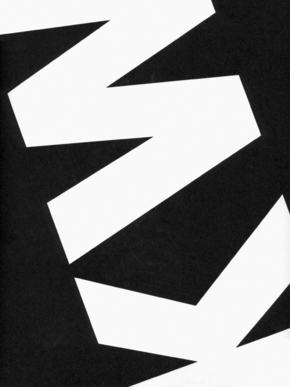
KW - a history
| Verlag | Distanz Verlag |
| Auflage | 2021 |
| Seiten | 512 |
| Format | 20,0 x 3,5 x 27,0 cm |
| Großformatiges Paperback. Klappenbroschur | |
| Gewicht | 1624 g |
| Artikeltyp | Englisches Buch |
| ISBN-10 | 3954763729 |
| EAN | 9783954763726 |
| Bestell-Nr | 95476372A |
A Leading Laboratory for Contemporary Art Turns Thirty KUNST-WERKE BERLIN e.V. is one of the world's most highly renowned organizations for contemporary art. For three decades, the KW Institute for Contemporary Art has been a vital scene of progressive creative practices; pursuing distinctive visions, the curators who have worked here, including Klaus Biesenbach, Anselm Franke, Susanne Pfeffer, and Krist Gruijthuijsen, have set major trends in the international art world. Since KW's early days, the avant-garde program of exhibitions and transdisciplinary events has made significant contributions to the discourse of contemporary art and its impact beyond art's own disciplinary boundaries. Flagship programs have included the Berlin Biennale for Contemporary Art, initiated in 1997, and a wide-ranging exhibition practice that has spawned seminal projects including Berliner Chronik (1994), Stand der Dinge (2000), Regarding Terror: The RAF Exhibition (2005), One on One (2012-13), an d The Making of Husbands: Christina Ramberg in Dialogue (2019-20). The list of outstanding artists featured in KW's exhibitions has included Absalon, Kader Attia, Keren Cytter, Cyprien Gaillard, Douglas Gordon, Channa Horwitz, Carsten Höller, Renata Lucas, Hiwa K, Annette Kelm, Mika Rottenberg, Christoph Schlingensief, Hassan Sharif, Anri Sala and many more. Thirty years after Klaus Biesenbach, Alexandra Binswanger, Philipp von Doering, Clemens Homburger, and Alfonso Rutigliano founded KW in what was then a dilapidated former margarine factory in post-fall-of-the-Wall Berlin, this book reviews the institution's extensive archive and exhibition history. It is the first publication to offer a comprehensive overview of all shows and the eleven editions (and counting) of Berlin Biennale. With essays by Jan Verwoert, Susanne von Falkenhausen, and Jenny Dirksen, a conversation between Klaus Biesenbach, Krist Gruijthuijsen, and Gabriele Horn, and a chronology of exhibitions and projects running to over 300 pages.
